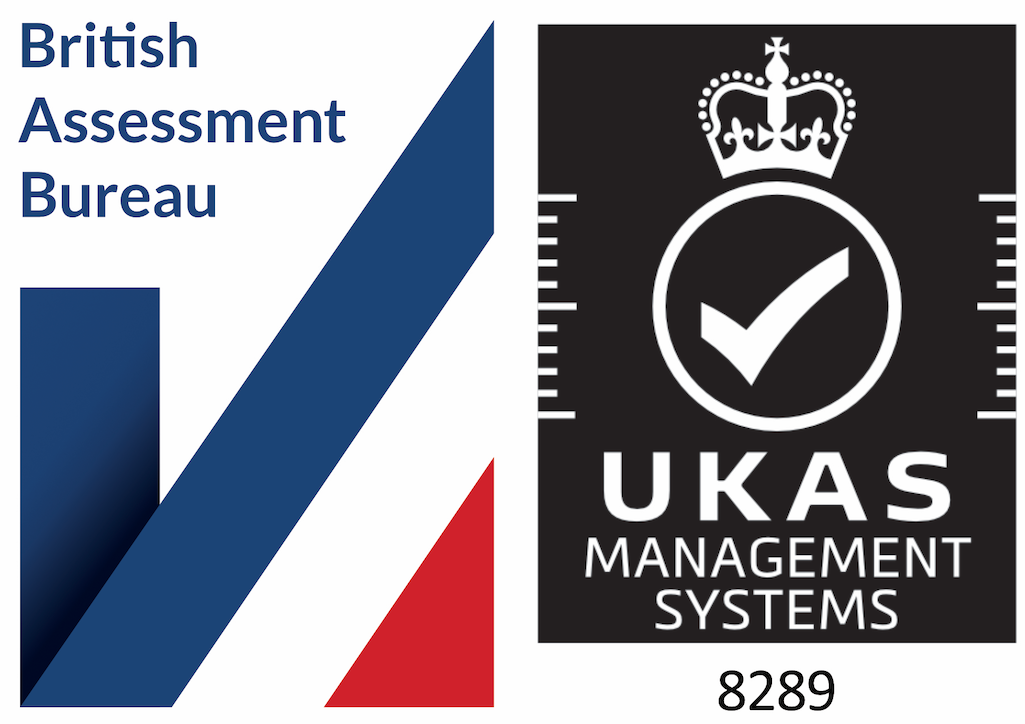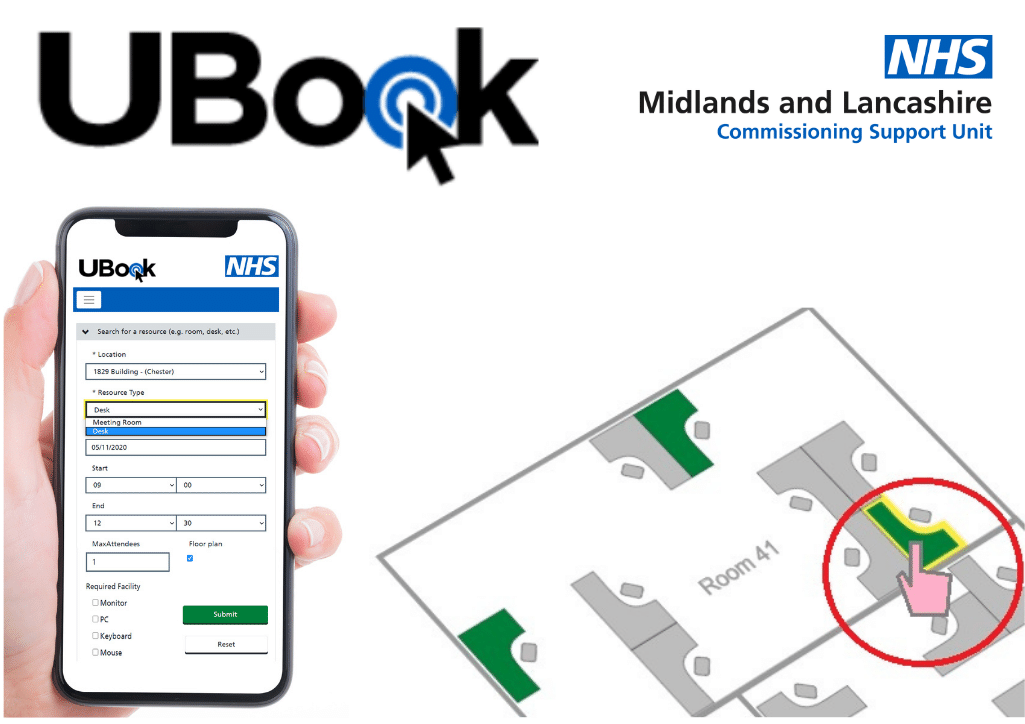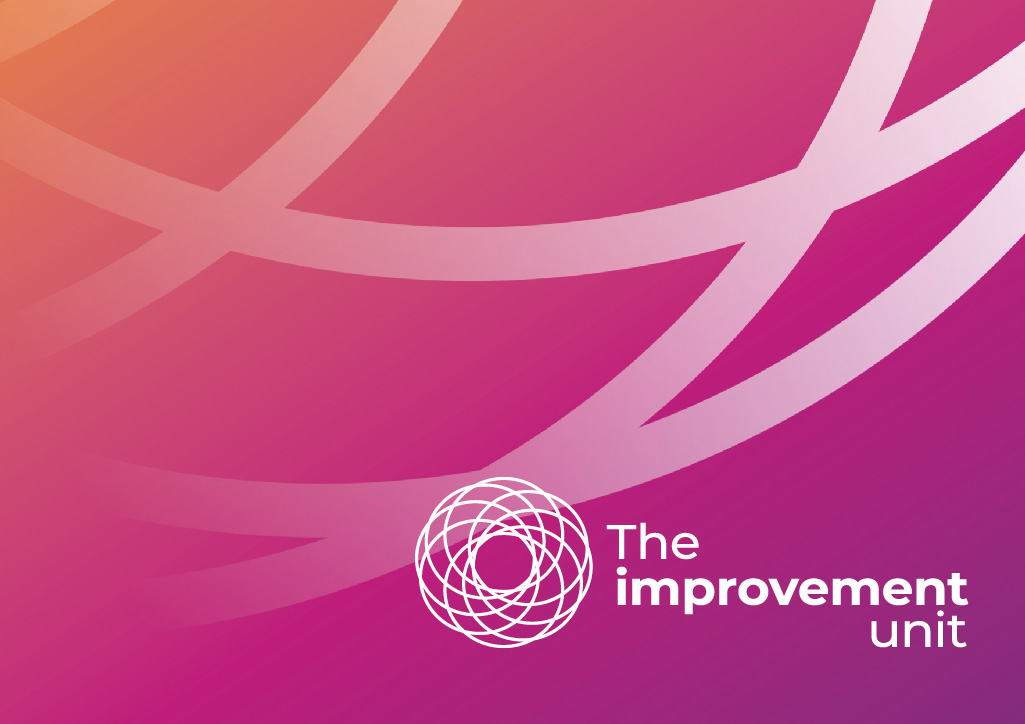Our Medicines Management and Optimisation team has improved patient care by improving processes and automating tasks to ensure timely access to medications and maintain safety through competency assessments among healthcare professionals.
Background
Non-medical prescribing (NMP) refers to the practice of prescribing medication by healthcare professionals other than doctors or dentists. It plays a crucial role in the NHS Long Term Workforce Plan, aiming to improve patient care by providing timely access to medications and advice, reducing waiting times, and enhancing the skills of the broader healthcare team. NHS Midlands and Lancashire (NHS ML) is a key partner in supporting NMP governance procedures and processes within integrated care boards (ICBs).
Action
Over nearly a decade, the NHS ML Medicines Management and Optimisation team has worked closely with stakeholders to develop NMP services, focusing on improving the safety and quality of prescribing. This collaboration has involved joint efforts with our IT Cloud Development team to automate processes for analysing data and compiling NMP competencies.
This service to ICBs includes customised quarterly reports shared directly with individual NMP prescribers and their mentors. These reports facilitate reflective practice and ongoing learning while identifying any potentially unsafe prescribing activity.
The main automated activities include:
- Adding/removing NMPs with the NHS Business Services Authority (NHS BSA)
- Auditing practice data
- Obtaining NMP competency declarations
- Analysing and providing regular reports on prescribing against competencies (safe prescribing reviews)
- Generating reports for practices and mentors
- Providing policy and governance support
Looking ahead, we will conduct further analysis of data to understand prescribing activity against competencies and controlled drugs, while also scaling up to support wider ICB systems.
Impact
The implementation of NMP services has significantly influenced healthcare delivery, aligning with the NHS Long Term Workforce Plan’s objectives to improve patient care and streamline access to medications and advice. Led by our Medicines Management Optimisation team, these services have become integral to ICBs, contributing to patient safety, quality of care, and professional development within the healthcare workforce. Here is some of what we have achieved so far:
Lancashire and South Cumbria ICB
- NMP competency register of approximately 800 prescribers
- Approximately 260 prescribers added/removed annually with NHS Business Services Authority (NHS BSA)
- Approximately 450 individual prescriber reports produced and disseminated
Black Country ICB
- NMP competency register of approximately 900 prescribers
- Approximately 680 prescribers added/removed with NHS BSA from February 2023-24
- Compliance with declarations: Nearly all NMPs in Wolverhampton (97.7%) submitted their yearly declaration confirming they can prescribe medicines safely.
- Prescribing within skills: Among those who made this declaration and prescribed medicines, 83% prescribed at least one medicine they weren’t authorised to prescribe, which could pose risks.
Birmingham and Solihull ICB
- Approximately 100 prescribers added/removed annually with NHS BSA
Feedback
We really enjoyed working on this project with NHS Midlands and Lancashire team. There was a strong sense of partnership at every stage, and the team genuinely valued everyone’s contributions, ideas, and suggestions. Jatinder Saimbi | Senior Medicines Optimisation Manager | Lancashire and South Cumbria ICB




















